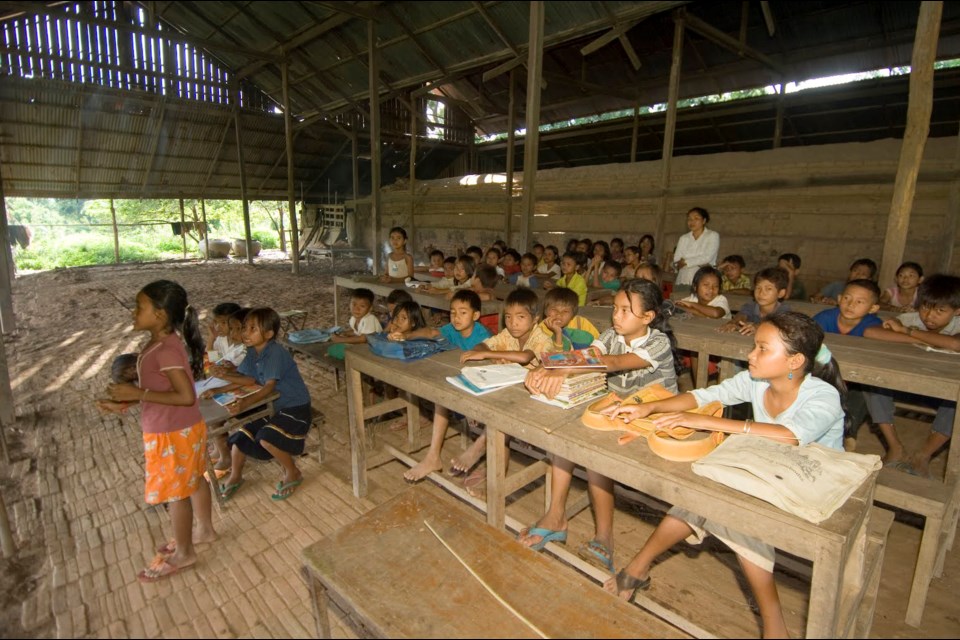Who else longs for the good old days way back in 2019 when all we had to talk about were eccentric tweets from the U.S. president? We were so innocent back then.
No greater illustration of these crazy times is the debate many parents are having over sending their children back to school. And no greater evidence of the conflict for parents is the back-to-back, duelling radio commercials in Ontario. First, teachers are telling us about the peril of returning to school, followed by Ontario government commercials telling us the exact opposite. It’s nice to know that at least local radio is making some money from the pandemic.
My kids are finished school, thankfully. I feel sorry for you parents and teachers in this challenging time. Who would have thought that sending our whippersnippers off to school would feel like sending them off to work in the coal mines?
I have a complicated relationship with education. I vividly remember my first days in each grade, receiving all that free gear. We got an eraser, glue, scissors, a ruler and a pencil as fat as sausage. All that free stuff disappeared decades ago.
What made school complicated for me was that mostly, I failed. Great teachers tried but I found school uninteresting. I repeated Grade 1. That’s really getting off to a bad start. Teachers learned that it was useless to mark my half-done, messy homework. So they stopped checking, walking by my desk each morning. When I realized they would not check, I simply stopped doing homework. It was a marriage made in heaven. Don’t ask, don’t tell. It wasn’t until university when I studied what I wanted that I did very well, ending up with two degrees.
After my poor showing in school it has been an interesting experience to attend classes to speak to students in Canada and as far away as Afghanistan, Kenya and New Zealand. I’ve been to schools made from mud, thatch, tin and cinder block. The irony of a poor student speaking to kids is not lost on me. However, those days of frustration and tears helped me to become a better person, much more empathetic to those struggling, and a better speaker to kids. The sad truth is that life’s trials, those things we want our children to avoid, often give us wisdom and help us grow.
Sometimes I wonder if anyone who finds school easy should be allowed in education. It’s the teachers who had to claw their way to the top that I’d like to hear from. I know some pretty dumb people who are really smart and some really smart people who seem really dumb. Formal education often has little to do with it.
The health of our children is of paramount importance. I’m not here to suggest that the pandemic is good. It would have been better had it not happened. But I wonder what our kids will learn from this experience when they look back on it in 10 years? For my parents, the Second World War shaped them. For my grandmother it was the Great Depression. These events taught them to value life and fiscal responsibility.
The question for which I have no answer is: what will our children learn from all this and how can we help in the process?
